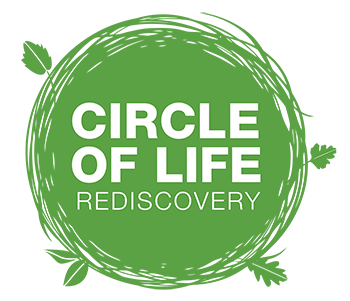Unit 3: Play
The way we learn about the world from an early age is through ‘play’. There is sometimes this notion that because children are having fun and following their own interests without adults interfering, that they are not learning! The current education model, with an English, Science and Maths focus, particularly for post 7 years old is very adult driven, when in actual fact, given the
opportunity they are often learning all these subject skills through play and experimentation.
Your role as a practitioner can sometimes be to make the link between what you are observing in play to meet the more mainstream criteria such as counting or use of nouns.
Peter Gray author of ‘Free to Learn’ and American Psychologist says:
“If we deprive children of play they can’t learn how to negotiate, control their own lives, see things from others’ points of view, and compromise. Play is the place where children learn they are not the centre of the universe.” And in case you’re not sure: “When there’s an adult there directing things, that is not play.”
Article 31 of the UNCRC formally enshrines the child’s right to play and the right to engage in other recreational activities, including participation in cultural activities and the arts. Article 31 states (taken from www.playboard.org):
1. States Parties recognise the right of the child to rest and leisure, to engage in play and recreational activities appropriate to the age of the child and to participate freely in cultural life and the arts.
2. States Parties shall respect and promote the right of the child to participate fully in cultural and artistic life and shall encourage the provision of appropriate and equal opportunities for cultural, artistic, recreational and leisure activity.
Article 31 imposes three obligations on state parties to guarantee that the rights it covers are realised by every child without discrimination:
- The obligation to respect which requires government to refrain from interfering directly or indirectly in the enjoyment of the rights contained within Article 31;
- The obligation to protect which requires government to take steps to prevent third parties from interfering in the rights contained within Article 31;
- The obligation to fulfil which requires governments to introduce the necessary legislative, administrative, budgetary and other measures aimed at delivering full enjoyment of Article 31 rights by all children and young people.
Play is defined by the Committee on the Rights of the Child as ‘any behaviour, activity or process initiated, controlled and structured by children themselves; it takes place whenever and wherever opportunities arise’ (UN Committee on the Rights of the Child, 2013).
For some time now, the changing nature of children’s lives has been a major concern, with researchers talking about the ‘shrinking horizons of childhood (Gill, 2005), play deprivation (Bundy et al., 2011), the hurried child (Elkind, 2001) and ‘nature deficit disorder’ (Louv, 2008).
For a Forest School Practitioner, we understand that to arrive at outcomes like increasing young people’s confidence, resilience, independence we need to provide planned times for free play and choice that is not adult-driven. In this way children internalise self belief that they know what how to learn, to learn from their mistakes, to make decisions that are theirs, to be trusted by adults – these can’t happen if the are told what to do and be ‘watched’ by adults.
Because our modern context is so overtly and unconsciously adult driven, we as practitioners have to continuously reflect on how we hold the Forest School space, how much time the young people are encouraged to ‘play’, and participate in what and how they learn.
Supporting Documents
- Free Play in Early Childhood
- Learning Playing Interacting
- Loose Parts Play
- Play England Charter for Children’s Play
- Playful Learning Guide
- Play in Secondary Schools Ideas & Inspiration
- Play – Government Report 2015
- Play: The Challenges we face at Forest School (Bob Hughes)
- Playwork Primer 2010
- The Return of Play Tim Gill July 2014
- Tina Bruce 10 Principles of Play

